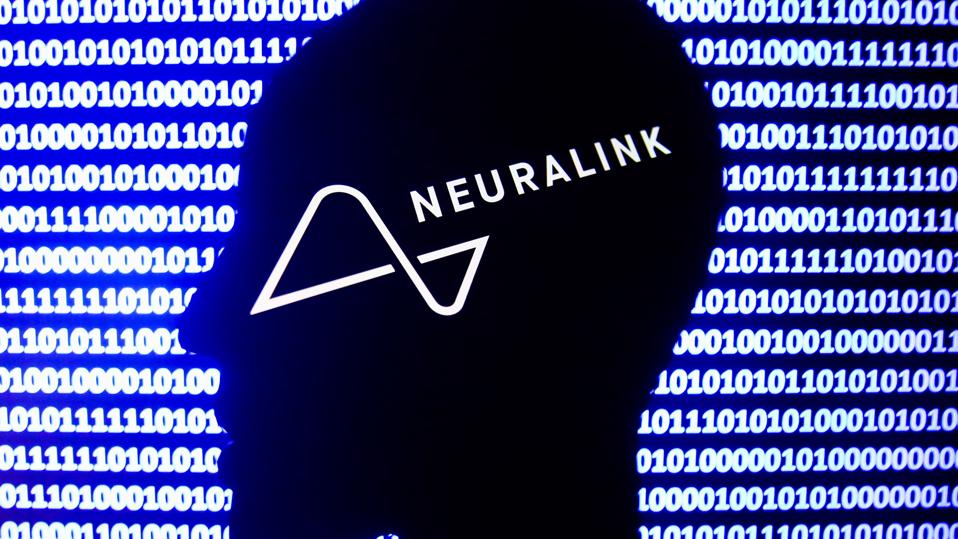Elon Musk’s Neuralink has received FDA approval to begin its “first-in-human clinical study,” the company said Thursday, a key step for the company attempting to develop a direct interface between the human brain and computers.

Neuralink says it has received approval from the FDA to begin human clinical trials.
NurPhoto via Getty Images
Key Facts
Key Takeaways
- In an announcement on Twitter, the company said the approval was a result of the Neuralink team working in “close collaboration with the FDA.”
- The company noted that recruitment is not yet open for its clinical trials, but said it will announce more details about this soon.
- The approval suggests Neuralink appears to have resolved safety concerns that had reportedly led to the FDA rejecting its request for human trials last year.
- Musk, who co-founded the company, reacted to the announcement with a tweet congratulating the Neuralink team.
- Neuralink’s brain-computer interface uses thousands of small electrodes embedded in the brain to read signals emitted by neurons and transmit them to a computer.
Key Background
The timing of the approval is broadly in line with Musk’s remarks at Neuralink’s most recent event in December, during which he said the company would be able to plant its first brain chip in a human in six months. At the event, Musk and the Neuralink team demonstrated the use of the brain chips on monkeys and pigs. During the presentation, Musk claimed one of the first real-world applications for the chips could be the restoration of vision in people who have lost their eyesight or motor function in people who are dealing with paralysis. The billionaire’s ultimate goal with Neuralink, however, is to create brain chips that allow human intelligence to directly interface and eventually merge with artificial intelligence.
Tangent
Reuters reported in March that the FDA had rejected an earlier attempt by the company to gain approval for human trials in 2022. The agency had reportedly raised safety concerns about the brain implants, particularly pertaining to its lithium batteries, its small wires potentially moving to other parts of the brain along with the company’s ability to remove the device safely without damaging the brain.
What We Don’t Know
It is unclear how this approval impacts a reported federal investigation into the company for alleged violations of the Animal Welfare Act. The purported investigation is being led by the U.S. Department of Agriculture’s (USDA) Inspector General in response to allegations that the company has killed around 1,500 animals—including nearly 300 sheep, pigs and monkeys—since 2018. Employees have alleged the toll is higher than it needed to be and is a outcome of Musk’s demands for faster results. Neuralink has rejected all past allegations of animal cruelty saying the company is committed to animal welfare. In a statement the company said its facilities and animal care programs have “never received a citation” from the USDA.
This story was first published on forbes.com and all figures are in USD.
Forbes Australia issue no.4 is out now. Tap here to secure your copy or become a member here.
Look back on the week that was with hand-picked articles from Australia and around the world. Sign up to the Forbes Australia newsletter here.




